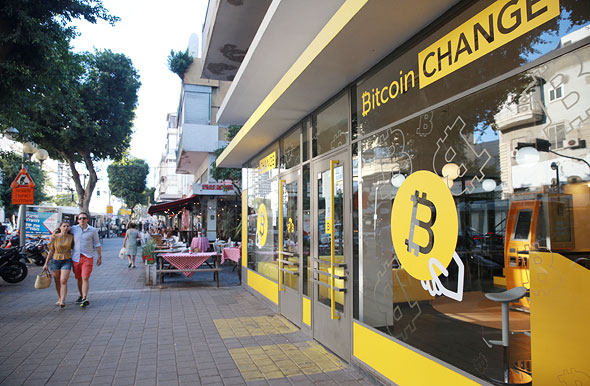Un étude de l’US National Bureau of Economic Research (NBER) a construit une carte mondiale des avoirs étrangers dans de nombreux pays du monde. En Suisse les israéliens auraient 2,5 % des avoirs. (Sylvain Dreyfus)
LE SAVIEZ-VOUS? Selon Le Temps : « Les riches Israéliens attirent les banques suisses. UBS, Credit Suisse mais aussi Pictet, Union Bancaire Privée (UBP) ou encore Edmond de Rothschild sont autant de banques suisses présentes en Israël. C’est au début des années 2000, alors que la deuxième intifada faisait rage, que les premières d’entre elles ont ouvert une représentation au sein de l’Etat hébreu. Dans des quartiers chics de Tel-Aviv comme le boulevard Rothschild ou la station balnéaire d’Hertzliya Pitouah, un peu plus au nord. Parmi les banques privées, UBP fait partie des précurseurs puisqu’elle s’est installée en 1999 déjà. Aujourd’hui l’établissement genevois ne compte toutefois que deux employés à Tel-Aviv, avec pour tâche principale de promouvoir, auprès de riches clients privés comme d’institutionnels, des produits et des services maison ».
LE PLUS.Selon Globes: « For decades, many Israelis have been opening bank accounts in Switzerland and transferring quite a few assets to them. Under the cloak of Switzerland’s tight banking secrecy laws, money unreported to the tax authorities could also be deposited. This phenomenon is of course not confined to Israelis; foreign residents from many countries have taken advantage of tax shelters to transfer unreported money. This loophole, however, has now been closed. In recent years, many banks, including Israeli banks, have been investigated on suspicion of helping their customers evade taxes, and the conventions between countries for exchanging information about accounts held by foreign residents have been picking up momentum, making keeping unreported funds an impossible task.
A study recently published by the US National Bureau of Economic Research (NBER) tried to map the extent of the use of tax shelters by residents of various countries. Among other things, the study used data from central banks, and cross-referenced them with data for assets of the citizens of those countries. The study estimates that 10% of GDP is found in the various tax shelters. At the same time, the study highlights the major differences between countries. « Scandinavian countries own the equivalent of only a few percent of GDP in offshore wealth, but this figure rises to about 15% in Continental Europe, and to as much as 60% in Russia, Gulf countries, and a number of Latin American countries, » the study authors write.
A study recently published by the US National Bureau of Economic Research (NBER) tried to map the extent of the use of tax shelters by residents of various countries. Among other things, the study used data from central banks, and cross-referenced them with data for assets of the citizens of those countries. The study estimates that 10% of GDP is found in the various tax shelters. At the same time, the study highlights the major differences between countries. « Scandinavian countries own the equivalent of only a few percent of GDP in offshore wealth, but this figure rises to about 15% in Continental Europe, and to as much as 60% in Russia, Gulf countries, and a number of Latin American countries, » the study authors write.
The study also mentions Israel. The results show that Israelis feature prominently in Switzerland. According to the study, 2.5% of all foreign-owned assets in Switzerland belong to Israeli customers, while Israel’s share in global growth is less than 1%. The study also examined tax shelters in other countries, but Israel did not stand out in these data, and the proportion of foreign-owned assets in these countries belonging to Israelis was lower than Israel’s share of the global economy. Assets owned by Israelis in Switzerland are estimated at $55 billion.



